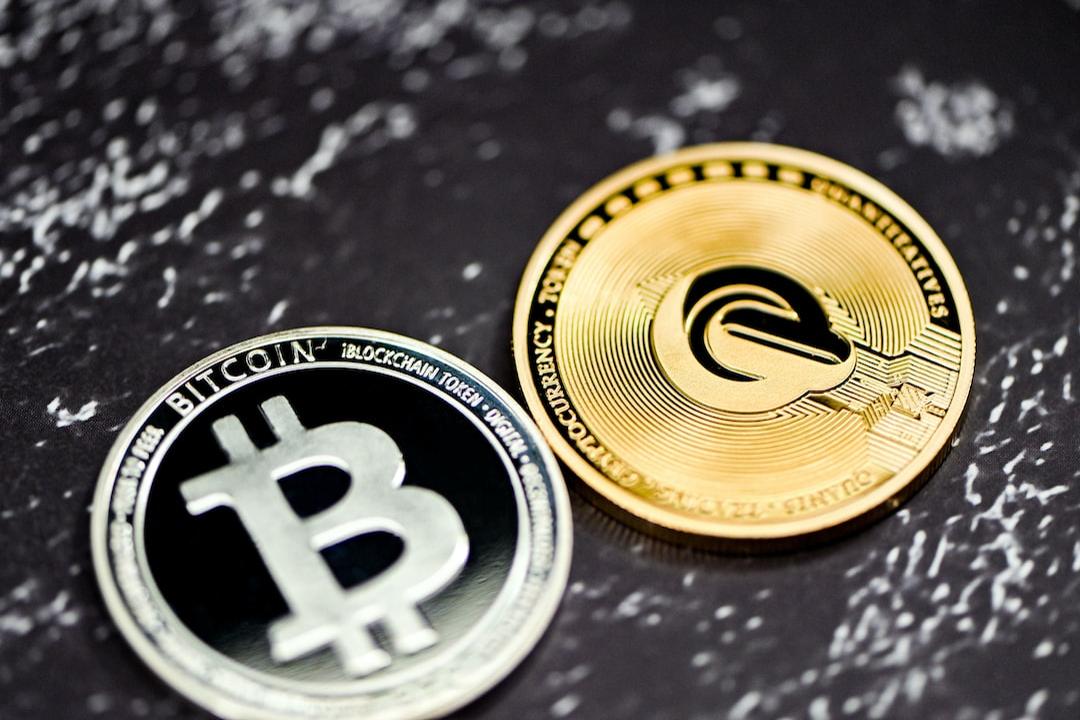Sony and Microsoft, two major players in the gaming industry, have been embracing blockchain technology in recent years. This move has the potential to not only revolutionize the gaming industry but also make blockchain technology more mainstream.
Sony has filed a patent for a system that would allow players to transfer digital assets between different PlayStation titles using blockchain technology. This means that players would have unified progress and ownership of assets across various games, rather than being limited to individual games. Sony is also exploring the idea of tokenizing in-game assets, which would allow players to sell and trade them on secondary markets.
Leaked documents suggest that Microsoft is planning to add crypto wallets to Xbox, enabling players to securely trade assets across different platforms. Microsoft’s goals, as outlined in their annual reports, also align with this direction, as they are seeking to acquire Activision Blizzard and Savage Game Studios for mobile gaming. This indicates that Microsoft is serious about expanding its presence in the gaming industry and sees blockchain as a potential factor in achieving this.
The growing interest of Sony and Microsoft in blockchain gaming is not surprising given the significant opportunities it presents. Estimates suggest that the market value of blockchain gaming in 2025 could be up to 10% greater than in 2022. Several factors are driving this growth, including the increasing popularity of play-to-earn games, the demand for more immersive gaming experiences, and the adoption of blockchain technology by game developers and publishers.
So why is blockchain technology gaining traction in the gaming industry? Traditional gaming revenue models rely on game sales, in-game purchases, and subscriptions, often limiting player ownership of in-game assets. Blockchain technology offers true ownership of these assets, creating new revenue streams for players and creators. It also provides more transparent and secure game economies, the potential for players to earn real-world value, and community governance where players can influence game development decisions.
Blockchain technology allows players to trade or sell their in-game assets on secondary markets or use them in other blockchain games. This level of ownership and flexibility is a game-changer for the industry.
The interest of Sony and Microsoft in blockchain gaming could be a game-changer for the industry as a whole. Just as Sony brought Blu-ray technology to the masses by including it in their PlayStation consoles, they have the potential to make blockchain technology more accessible and widespread. By partnering with major companies and pushing the agenda forward, they can overcome the challenges that currently exist in the gaming industry.
The dominance of Sony, Microsoft, and Nintendo in the gaming console market has yet to be accompanied by decentralized game development or digital asset ownership. While there are existing blockchain-based games, there is no unified hardware platform optimized for blockchain-native games. If Sony and Microsoft can change this landscape or if other solutions gain popularity, gaming could successfully bring blockchain technology to the masses and have a significant impact on the global technology and cultural landscape.
It’s possible that gaming, just like Blu-ray, could be the catalyst that brings blockchain technology to the general public, not just the tech-savvy individuals.
Overall, the interest of Sony and Microsoft in blockchain gaming marks a significant development in the gaming industry. It has the potential to transform the way games are designed, played, and monetized. While there are challenges to overcome, the backing of these major gaming powerhouses could lower or eliminate these hurdles and drive the adoption of blockchain technology in the industry.
Disclaimer: The views, thoughts, and opinions expressed in the article belong solely to the author, Olga Vorobyeva, and do not necessarily reflect or represent the views and opinions of Cointelegraph. The article is for general information purposes only and should not be taken as legal or investment advice.


